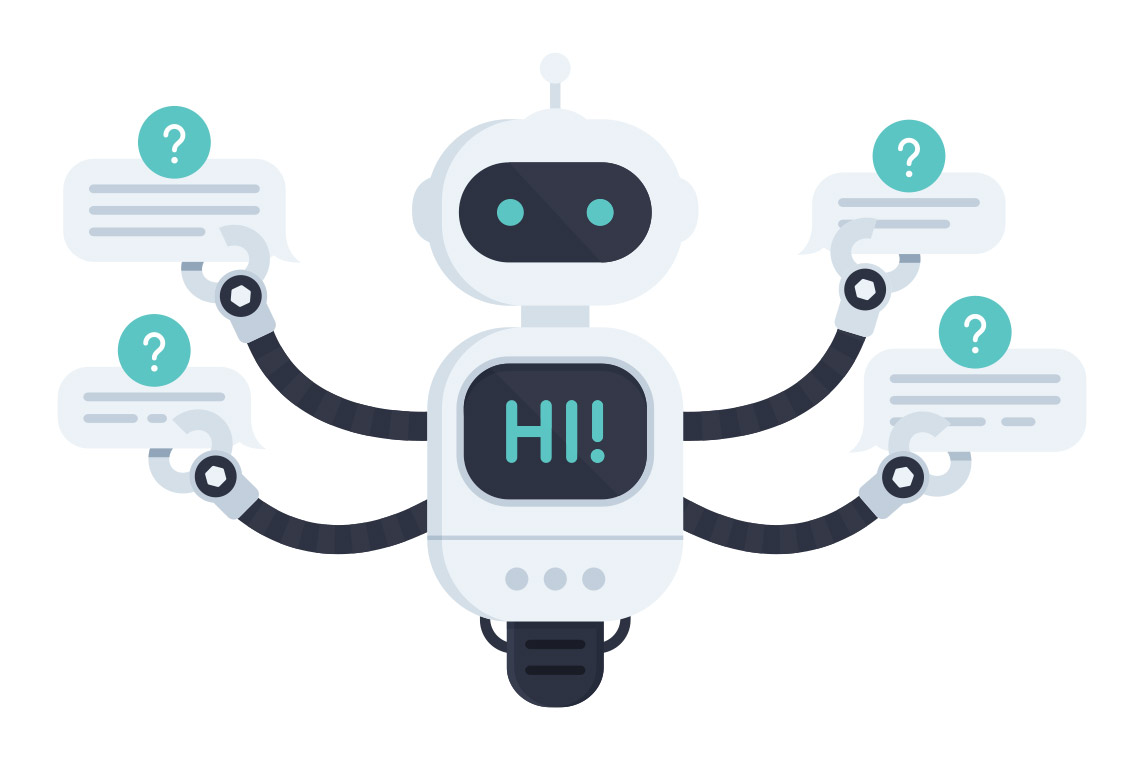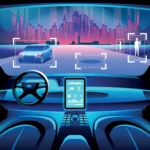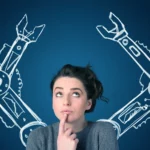
Science fiction author, Isaac Asimov, in his robot series, says: Mankind is no longer alone. Roughly 70 years later, AI proves this statement right with artificial intelligence’s creation of the robot; a highly evolved robot that can affect/assist us on a daily basis. Amongst all the contributions AI has made and is yet making to society, robotics proves the most critical. Asimov, fantasizing about a world where robots will be obedient servants, had even created ethical laws which will prevent mutual destruction between the human and the robot.
Just as the Spinning Jenny, a multi-spindle spinning frame, defined the early Industrial Revolution, the first robot impacted manufacturing, a mere few years later than Asimov’s science fiction on robots. The first programmable robot was sold in 1961 to General Motors where it was used to lift pieces of hot metal from die casting machines. Man has been inventing intelligent devices to be used in factories, warehouses, research laboratories and so on. The purpose was to assist and reduce the work load so that humans can elevate themselves to pure cerebral work and leave the mundane, menial and mechanical tasks to robots.
Industrial robots can help improve the quality of life for the blue collars by taking over dirty, monotonous and at times dangerous tasks. Highly hazardous jobs like defusing bombs, so far handled by men in protective wear, are now handled by robots. Robotic welding cells have safety features in place to help prevent human workers from fumes and other bodily harm. Close home Kerala is ending the age-old practice of manual scavenging by bringing in ‘Bandicoot’ the aptly termed robot. The robot is powered by pneumatics (using gas or pressurized air) since using heavy electronic equipment inside drainages is risky as they can react with the explosive gases that are present there. As technology improves, we will see more AI integration to help these machines function in a more comprehensive and enhanced manner.
Risky and boring work aside, robots are changing our lives in terms of health care and caregiving for the elderly. Medical personnel can focus on more critical tasks than stocking, transporting medical equipment or housekeeping in hospitals. Robots can do all this to perfection thus freeing hospital staff to divert their energy and attention to patients. For instance, at the pharmacy of the University of California Medical Center which is among the top 10 hospitals in the US, a robotic arm continuously picks pills from an array of bins and places them in small plastic bags. Every dosage is packed inside a bag and has a barcode label which identifies the medication and the respective patient. `Home’ robots help seniors with everyday tasks and allow them to stay independent and in their homes for as long as possible, which improves their overall well-being.
The new age robots also ensure mankind is indeed not alone. Robots are equipped to perceive emotions, pitch in as a comforting friend to man in times of need. Softbank Robotics designed a robot that recognizes emotions and adapts behavior to suit the person. Based on one’s voice, facial expression, body movements and the verbiage, Pepper, the robot will interpret emotions and will also respond personally to the mood of the moment. Like Sheldon in the Big Bang Theory says: If you’re happy and you know it, no need to clap your hands, because there is an emotion detector.
 India
India  USA
USA 




